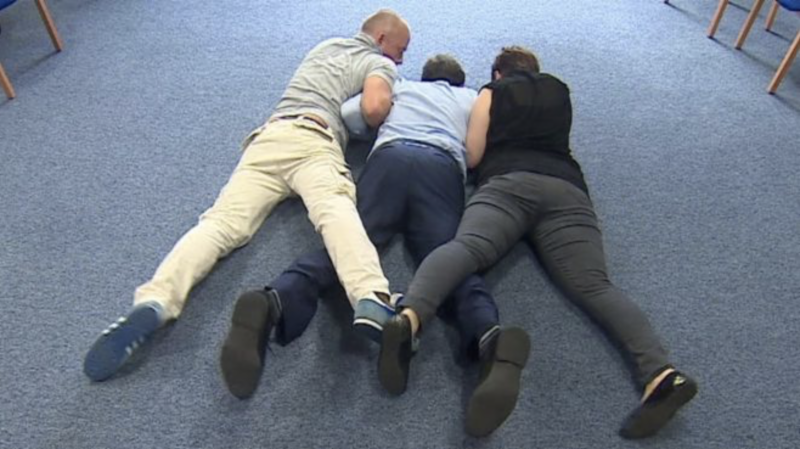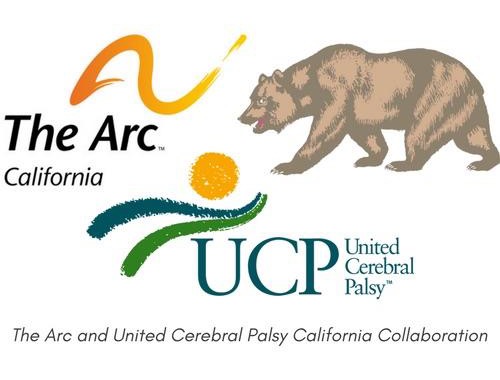
The enactment of the Hughes Bill (AB 2586) in 1990 recognized the need to track data related to the use of restraints and seclusion and eliminate “aversive treatment” in the name of behavior modification. When you look back at what that meant and what had to be defined in law as a prohibition it is crushing. The legislature had to make it illegal to “give special education students electric shocks, lock them in rooms or spray them in the face with noxious substances or deprive them of food, water or sleep”. The treatment that so many special students received under the guise of compliance training was nothing short of abuse and quite often not in response to a life threating incident. The bill further required school districts to develop plans for long-term improvement of student behavior without using methods that cause pain or trauma. Unfortunately, that bill was repealed in 2011-12 because of the associated costs of implementation. I would argue that the cost of losing these protections is far greater than the “implementation costs”.
Currently, the state, parents, advocates and others have no real way to track how often and why restraints or seclusions have been used in classrooms. Earlier this year AB 2657 Pupil Discipline: Restraints and Seclusionwas signed into law and will become effective January 1, 2019. This new law will require the state to collect data on how and when restraint and seclusion occurs and will also limit the use to situations where a clear and present danger to safety of self or others exists. It is our hope that along with this new law comes consistent and comprehensive training for teachers, aides and school personnel in positive behavioral supports that reflect the intent of the legislature to ensure that schools foster learning in a safe and healthy environment and provide adequate safeguards to prevent harm, and even death, to children in schools.
Upon learning of the heartbreaking loss of life in an Eldorado Hills school we cannot stress enough the need for a systemic change in the way complex behavioral needs are addressed. We share our statement below and ask that everyone take a moment of silence to reflect on this tragic loss of life and then help keep the conversation going. Talk to your school district about what their behavior plans and policies are, push back if they are not acceptable, talk with your school boards about what parents want for their kids and let’s all help make AB 2657 a reality for all students with complex behavioral needs.
On behalf of The Arc of California we extend our deepest sympathies to the family and friends of Max Benson. As one of the largest and oldest advocacy organizations serving, supporting and advocating for people with intellectual and developmental disabilities and their families we are deeply saddened by the tragic and preventable death of Max. Though there are details yet to emerge about how such tragedy occurred it is clear that Guiding Hands School violated several state regulations related to providing behavioral supports in emergency situations. Archaic methods of behavior intervention, excessive force and prolonged physical restraint all contributed to, if not caused, the death of this young boy. This is unacceptable. This is intolerable. Max deserved better.
Our children and loved ones with behavioral challenges need to be protected and treated with the dignity and respect they deserve, especially when they are in a behavioral crisis. We all need to work to ensure that abusive treatment such as prolonged restraint rolling people in carpets or matts to restrict movement is condemned and recognized as the abuse it is. There is no shortage of positive behavioral support practices that respect individual behavioral need and ultimately states are required to provide them. We are grateful that a law passed last year will require, beginning January 1, 2019, data collection on restraints and seclusion in our schools. We will keep Max and his family in our hearts as we continue to advocate for accountability and guidance for California schools and appropriate, positive behavioral supports that meet the needs of individuals with behavioral challenges.


Teresa Anderson, Policy Director, The Arc & UCP Collaboration
